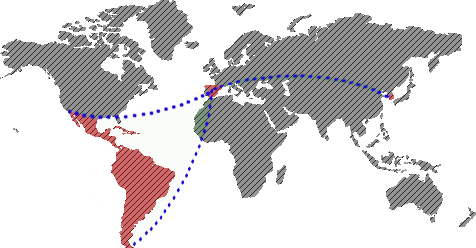On May 31, 2018, the Constitutional Court of Korea held unconstitutional the section prohibiting the “provi[sion] [of] financial support for operations of labor unions” in Article 81-4 (the “Article”) of the Trade Union and Labor Relations Adjustment Act (“TULRAA”) (amended January 1, 2010). The amendment must be made by December 31, 2019, and the Article will continue to be effective until the amendment.
Background:
The Supreme Court had previously adopted a narrow stance on providing financial support for operating labor unions, stating that any periodical or fixed financial support that is not under the exceptions listed in the Article constitutes unfair labor practices.
The exceptions listed in the Article are: (i) contribution of funds by an employer for the welfare of workers or for the prevention and relief of economic misfortunes or other disasters; and (ii) contribution of funds by an employer to provide a minimum space for a labor union office (Supreme Court Decision 2011du13392, December 12, 2017).
Details of the Decision:
The Constitutional Court found that the Article’s prohibition on providing financial support for operating labor unions: (i) goes beyond the legislative purpose of securing the autonomy of labor unions (apart from the two exceptions listed in the Article) by uniformly prohibiting employers from providing financial support for operating labor unions; (ii) discourages the activities of labor unions or prevents labor unions and employers from discussing such financial support designed to create favorable and cooperative relationships; and (iii) such prohibition ultimately violates the intent of the Three Fundamental Workers’ Rights to realize de facto labor and management autonomy, and thus invades the collective bargaining right of labor unions.
Nevertheless, the Constitutional Court recognized that if the decision to declare the Article’s prohibition on providing financial support for operating labor unions is deemed unconstitutional, effective immediately, then a legal vacuum could result, where there would be no legal grounds to regulate the provision of financial support for operating labor unions, and thus, potentially impede their autonomy. Therefore, the Constitutional Court held that the ruling to declare such provision in the Article as unconstitutional will not take effect immediately. This enables the Article to remain effective and valid until December 31, 2019, by which time, the Article must be amended.
Significance:
Due to the Constitutional Court’s ruling, providing financial support for operating labor unions will likely be a significant issue when conducting collective bargaining with labor unions, and consequently, employers’ burdens in this regard will likely increase.
In particular, in the case of workplaces with multiple unions, certain minority unions requested employers to provide the same treatment as the bargaining representative union concerning the support for union operations (e.g., operating expenses), but the employers refused such requests on the basis of the Article. Now, due to the Constitutional Court’s new ruling, it has become difficult for employers to make such arguments. As such, employers should take caution during collective bargaining as there is a risk that disputes regarding the violation of the duty of fair representation will increase.





